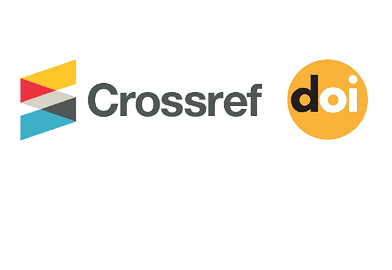Development and Validation of Psychosocial Problems and Challenges Scale for Transgender Individuals
DOI:
https://doi.org/10.52461/pjap.v3i1.1873Keywords:
transgender,, psychosocial problems and challenges, , exploratory factor analysis, , construct validityAbstract
The current study aimed to develop and validate the Psychosocial Problems and Challenges Scale (PPCS) for Transgender Individuals. The mixed method approach was applied. The study was comprised of three phases. In the first phase, data were extracted from the already explored phenomenology on the psychosocial experiences of trans genders (Iqrar & Habib, 2018), and also from the previous literature. In the second phase, the factor structure of the indigenous PPCS was determined through Exploratory Factor Analysis (EFA). A sample of 300 transgender individuals aged range between 20-50 years (Mage = 2.53; SD= 1.34) was selected from different NGOs and community deras )ےریڈ( of transgender in Punjab through the purposive and snowball sampling techniques. The initial item pool comprised 53 items. The Principal Component Analysis (PCA) was used with Varimax Rotation Method to extract the number of factors. After the extraction of unloaded items, a total of 49 items were retained. In the third phase, the psychometric properties of the PPCS were determined. The six-factor solution of PPCS emerged and named Parental Maltreatment, Psychological Issues, Ostracism, Social Inequality, Sexual Harassment, and Religious and Educational Discrimination. The excellent overall scale's Cronbach alpha value (α=.98) was found. The cumulative percentage of variance was 68% and eigenvalues greater than 1 were considered (Kaiser, 1974). The findings of psychometric evaluation revealed that PPCS is a psychometrically reliable and valid measure that could be used as a screening tool in various setups to identify psychosocial issues of transgender individuals based on their life experiences
Downloads
Published
How to Cite
Issue
Section
License
Copyright (c) 2023 Shazia Habib, Sana Batool

This work is licensed under a Creative Commons Attribution-NonCommercial 4.0 International License.
All the articles editorially accepted for publication by the Pakistan Journal of Applied Psychology (PJAP) are licensed under the Creative Commons Attribution-NonCommercial 4.0 International (CC BY-NC 4.0) Submitting a manuscript to PJAP, the author has to certify that he/ she is authorized by other contributors (s) and co-author (s) to enter the publication process.




